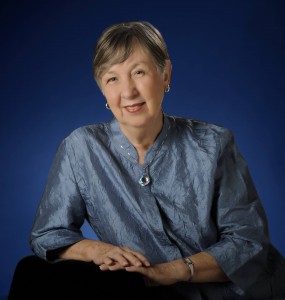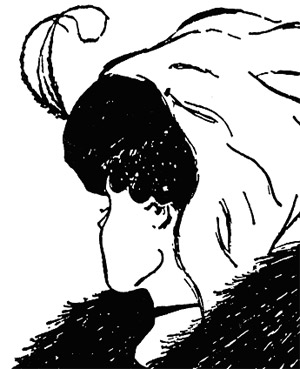The Power of Your Words
2013
 Have you ever noticed the words that come out of your mouth? If not, start noticing.
Have you ever noticed the words that come out of your mouth? If not, start noticing.
Your words demonstrate who you are. They can illuminate your character as fool or sage, lover or murderer, scientist or artist. Every word that comes out of your mouth has the power to heal or destroy. Sometimes, words do both simultaneously.
When you call someone a terrorist, you are not demonstrating your strength. You are demonstrating your fear. When you call someone stupid, you are not demonstrating your wisdom. You are demonstrating your low self-esteem. When you honor the beauty another has brought into your life, you yourself become beautiful.
The power of words has been taught through the first three of the Seven Liberal Arts: Grammatica, Dialectica, and Rhetorica. Developed by the ancient mystery schools of Egypt and early Greece, they remain a foundation of education.
When taught by teachers of ordinary consciousness, they become deadly school exercises learned only at a surface level by the hard work of rote and repetition. When facilitated by highly talented educators attuned to Logos—the divine principle of order and knowledge—they transform words into exciting, creative, esoteric doorways to Wisdom, inner discipline, and purification of the Soul.
Grammatica pertains to the structure of language, its history, and the underlying energy of an idea. Nouns (chair, table, apple, tree) are immobile and passive. Our minds bring together an experience that we perceive as an object. We give it a name. Ordinary consciousness believes the name is the same as the object. Expanded consciousness knows that the name reflects something far more complex. The name is a human-created placeholder for a continually shifting experience. It stops the moving picture at a single frame so we can analyze it, understand it, and feel safe.
Verbs (run, sit, walk, fly) are changeable and active. They can create or transform our perception of time. We ran, run, or will run. Verbs pertain to the human will, choice, and action.
Adjectives (beautiful, sad, dysfunctional, harmonic) and adverbs (slowly, quickly, passionately, smoothly) bring emotion into our speech. They add expansion, contraction, and rhythm.
Dialectica is logical thinking. It requires us to speak clearly and see from many different perspectives. It allows us to move quickly from the depths of hell to the heights of heaven. It enables us to build word bridges between what appear to be opposites. Like Socrates, it asks questions. Like Zen Buddhist koans, it poses mind-bending puzzles.
Rhetorica is beautiful, persuasive speech. It uses passion and tonality, questions and pauses. Sometimes it tells heart-rending stories. Other times, it speaks through poetry or drama. It is the intention and power behind our words.
Notice your words. Play with your words. Choose them wisely to create the effect you want. Notice the results. Go back and reshape them to make them clearer, more succinct, more creative, more intentional, and more powerful. As your thought becomes clear and your words become powerful, notice how effective you are.
____________________________________________________________________________________________________
Dr. Janet Smith Warfield serves wisdom-seekers who want understanding and clarity so they can live peaceful, powerful, prosperous lives. Through her unique combination of holistic, creative, right-brain transformational experiences and 22 years of rigorous, left-brain law practice, she has learned how to sculpt words in atypical ways to shift her listeners into experiences beyond words, transforming turmoil into inner peace. For more information, see www.wordsculptures.com, www.janetsmithwarfield.com, and www.wordsculpturespublishing.com.
____________________________________________________________________________________________________






Comment